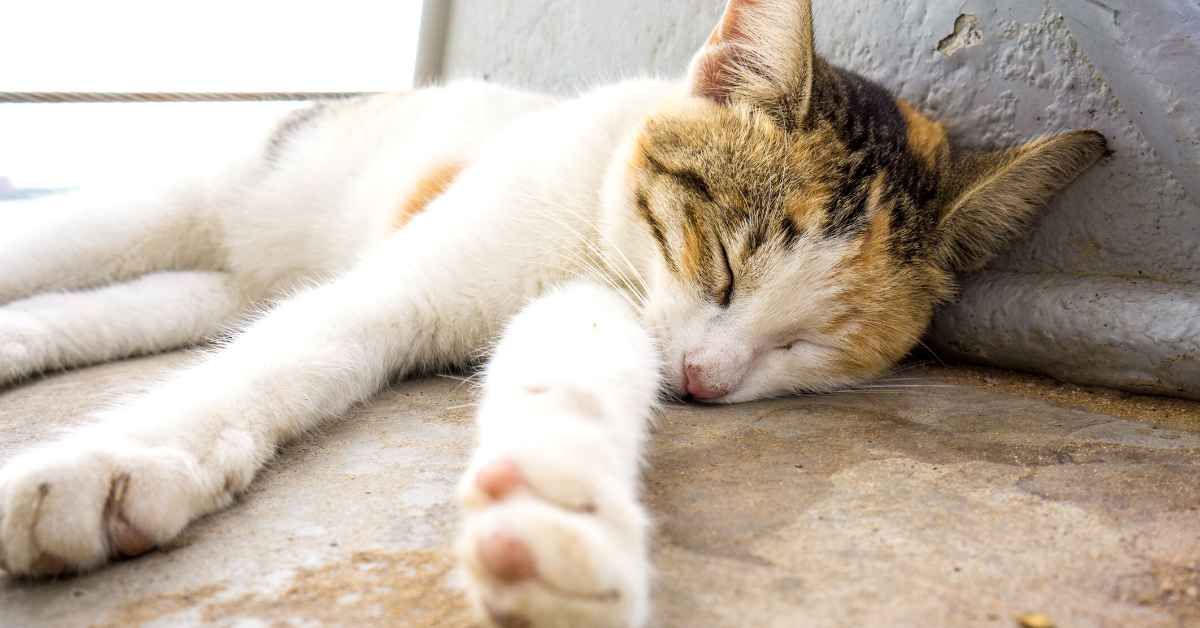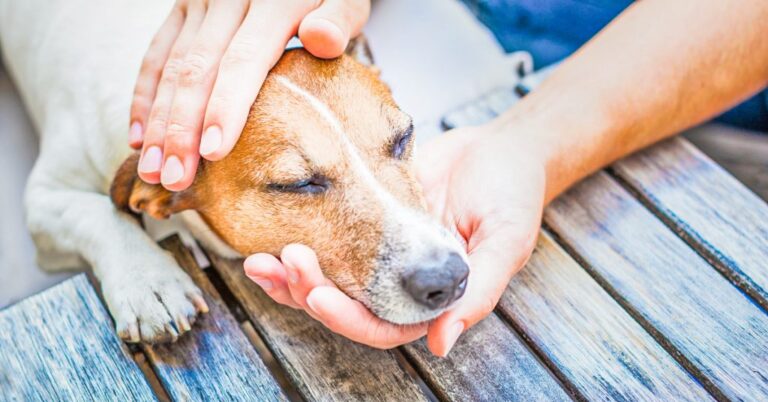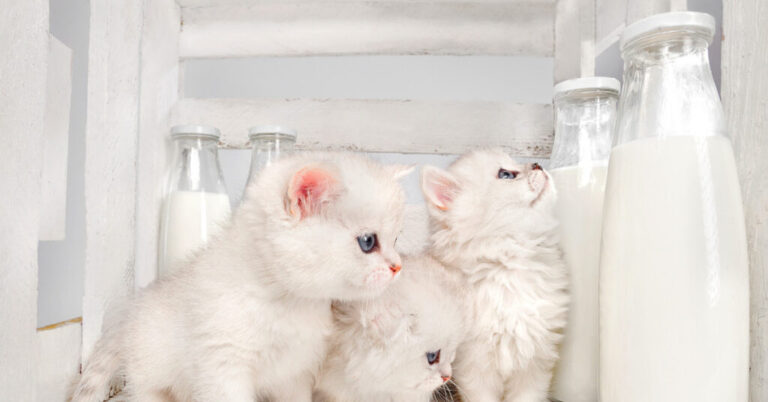Why Is My Cat Losing Weight?
Reviewed by Lauren Cannon, DVM
Is your cat losing weight? Weight loss that is unintentional is frequently a sign of an underlying health concern.
Many cat owners believe that weight reduction in senior cats is typical, however this is not true. If your cat’s weight loss is unexplained, it’s critical that you react quickly.
It’s not always simple to tell whether your cat is losing weight. The fuzz of hair that covers most cats might hide weight loss until a significant alteration occurs.
You may notice that your cat’s hunger is reduced or completely gone, a condition known as anorexia, depending on the cause of your cat’s weight loss.
This is harmful for cats because they are prone to hepatic lipidosis, also known as fatty liver syndrome, which is a life-threatening illness that occurs when the liver is forced to digest huge amounts of stored fat in order to supply energy to the body.
Other medical conditions, however, might cause your cat to lose weight even if they eat the same quantity of food as before.
If you find your cat is losing weight, regardless of whether it is eating or not, you should visit your veterinarian.
If you’re not sure what your cat’s optimal weight should be, your veterinarian can advise you and recommend a feeding program that will suit your cat’s nutritional requirements.
Causes of Weight Loss in Cats
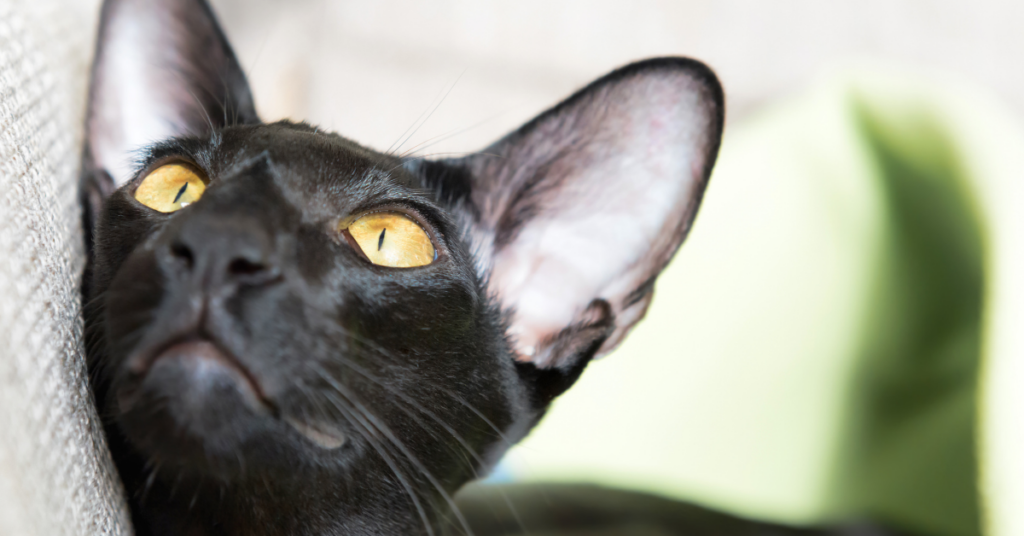
Cats lose weight when they do not eat enough. Despite proper food consumption, several disorders induce weight loss. Weight loss may or may not be accompanied by other symptoms of sickness, depending on the reason.
Weight loss in cats can be caused by a variety of health issues, some of which are more significant than others.
Chronic Kidney Disease
One of the most prevalent illnesses in older cats is chronic renal disease. The kidneys are responsible for the generation of essential hormones, the filtering of waste from the blood, the regulation of blood pressure, and the production of new red blood cells.
When a cat’s kidneys cease working correctly, it can cause a plenty of additional problems.
When a cat has renal problems, the initial indicators are increased thirst and urine, followed by lack of appetite, weight loss, and lethargy.
Hyperthyroidism
Hyperthyroidism is a very frequent condition that primarily affects elderly cats. Due to an expansion of the thyroid gland, cats with hyperthyroidism generate too much thyroid hormone.
The most common cause of thyroid enlargement is a benign tumor that forms on the thyroid.
Weight loss, increased hunger, and increased thirst and urination are all common symptoms of hyperthyroidism. Vomiting, diarrhea, and hyperactivity are also common in cats.
Diabetes
Another prevalent disease that affects cats is diabetes mellitus. The capacity of the pancreas to generate insulin, a hormone necessary for blood glucose regulation, is damaged by this endocrine condition.
Weight loss, increased hunger, thirst, and urination, as well as fatigue, are all symptoms of diabetes. Insulin and a change in diet are usually used to treat diabetes.
Gastrointestinal Problems
Any problem with the gastrointestinal tract might impact a cat’s weight. For starters, gastrointestinal issues might cause a loss of appetite. Second, some problems with the GI tract hinder it from effectively digesting food and absorbing nutrients, resulting in weight loss.
Intestinal parasites, inflammatory bowel disease, pancreatitis, and other pancreatic difficulties, as well as GI malignancies, are all common GI concerns in cats.
Loss of appetite, weight loss, vomiting, diarrhea, tiredness, and other symptoms of GI problems might occur.
Deworming the cat might be enough to treat GI parasites. Other gastrointestinal problems usually need medicine and supportive treatment.
Dental Problems
Oral and dental problems can cause excruciating pain, as well as a decrease in appetite and weight loss. Periodontal disease, resorptive lesions, and tooth fractures are all common dental issues in cats.
Stress
Cats are very sensitive to changes in their environment. They may encounter more severe symptoms later on as a result of their ability to hide outward indicators of stress.
Any stimuli in the surroundings might cause anxiety and tension in your cat. Stress causes a decrease in appetite, which finally leads to weight loss.
Cancer
Cats, like people, may acquire cancer anywhere on their bodies. Cancer can take the shape of a tumor or it can’t.
Lymphoma is one of the most prevalent malignancies in cats, and it can take up residence in the gastrointestinal tract, mouth, lymphatic system, and other areas.
General malaise, tiredness, discomfort, muscle atrophy, appetite loss, and overall weight loss are all symptoms of cancer.
Weight loss can also be caused by a variety of other health problems. You may or may not notice additional indicators of disease if your cat has an underlying health problem.
Furthermore, because many illnesses have identical symptoms, a veterinarian is required for diagnosis.
How to Tell if My Cat is Losing Weight
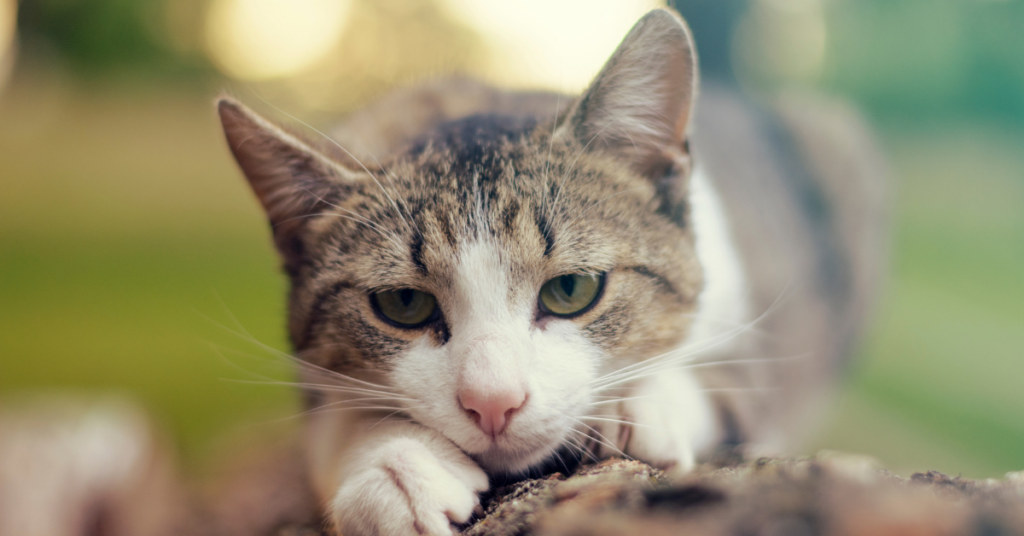
When your cat loses weight gradually, it’s difficult to know if he’s truly dropping weight. It might be difficult to detect whether your cat has lost weight if he or she has a lot of fur or was previously somewhat overweight.
Start by glancing at your cat’s body from above to examine his or her health. At a healthy weight, there should be a perceptible but not excessive tuck in the waist.
After that, rub your hands down the sides of your cat. The ribs should be perceptible and covered in a thin layer of fat. If your cat’s ribs are pronounced and noticeable, he or she is probably underweight.
Treatment of Weight Loss in Cats
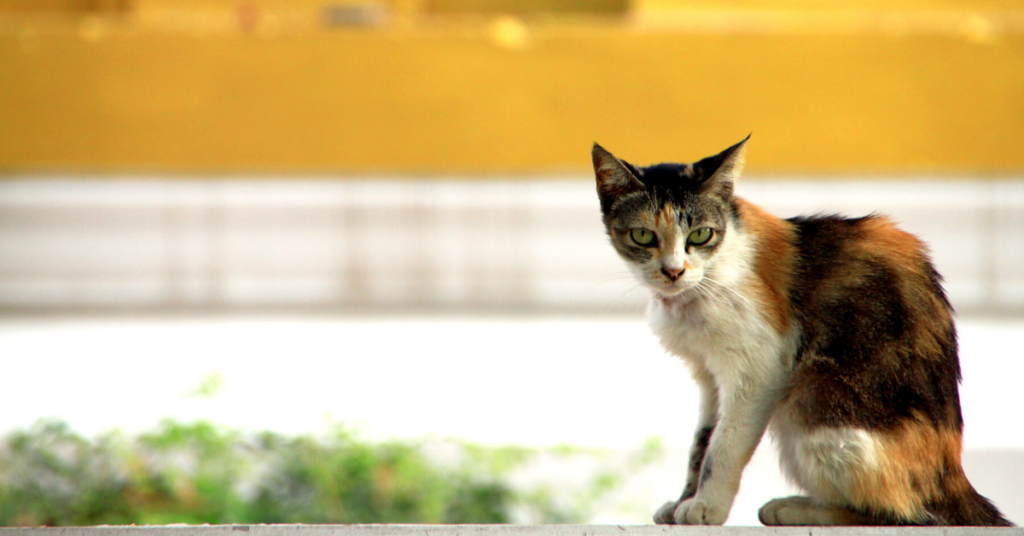
Cat weight loss is treated differently depending on the reason. Your veterinarian will do a physical examination first.
To establish the issue, lab tests and/or x-rays may be required. Your veterinarian may prescribe medicine, a change in food, surgery, or other treatments based on the results.
If your cat’s health is normal, the weight loss might be due to insufficient food consumption or an undiagnosed or undetected disease. Inquire with your veterinarian about diet and environmental enrichment options.
If you can pinpoint a source of worry for your cat, take steps to alleviate it. Your veterinarian can also suggest a nutrient- and calorie-balanced diet that could aid in your cat’s weight increase.
When to See a Veterinarian
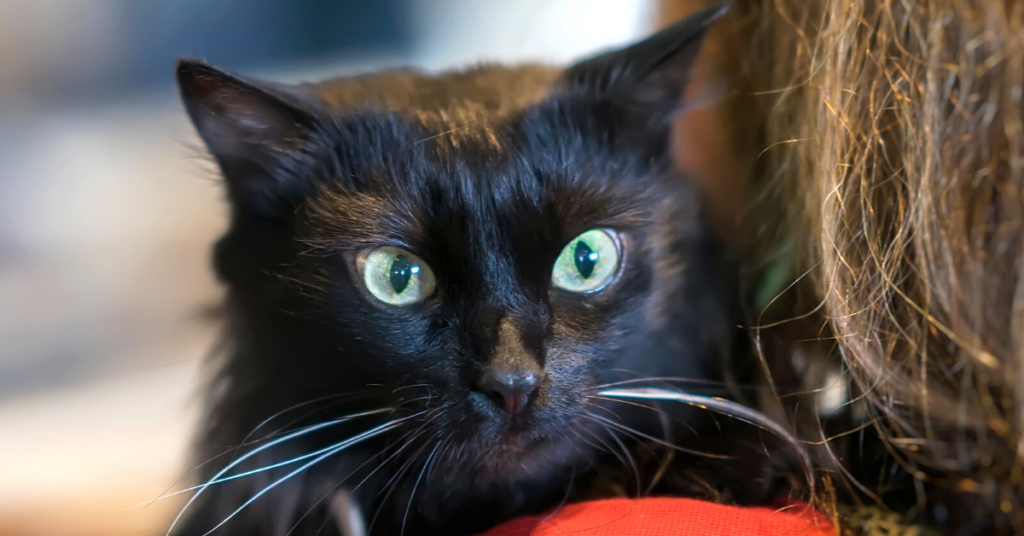
If you notice a loss in your cat’s weight, the first thing you should do is make an appointment with your veterinarian.
If your cat’s weight loss persists despite your efforts, arrange an appointment with your veterinarian. For advanced diagnostics, your veterinarian may recommend you to a veterinary expert.

